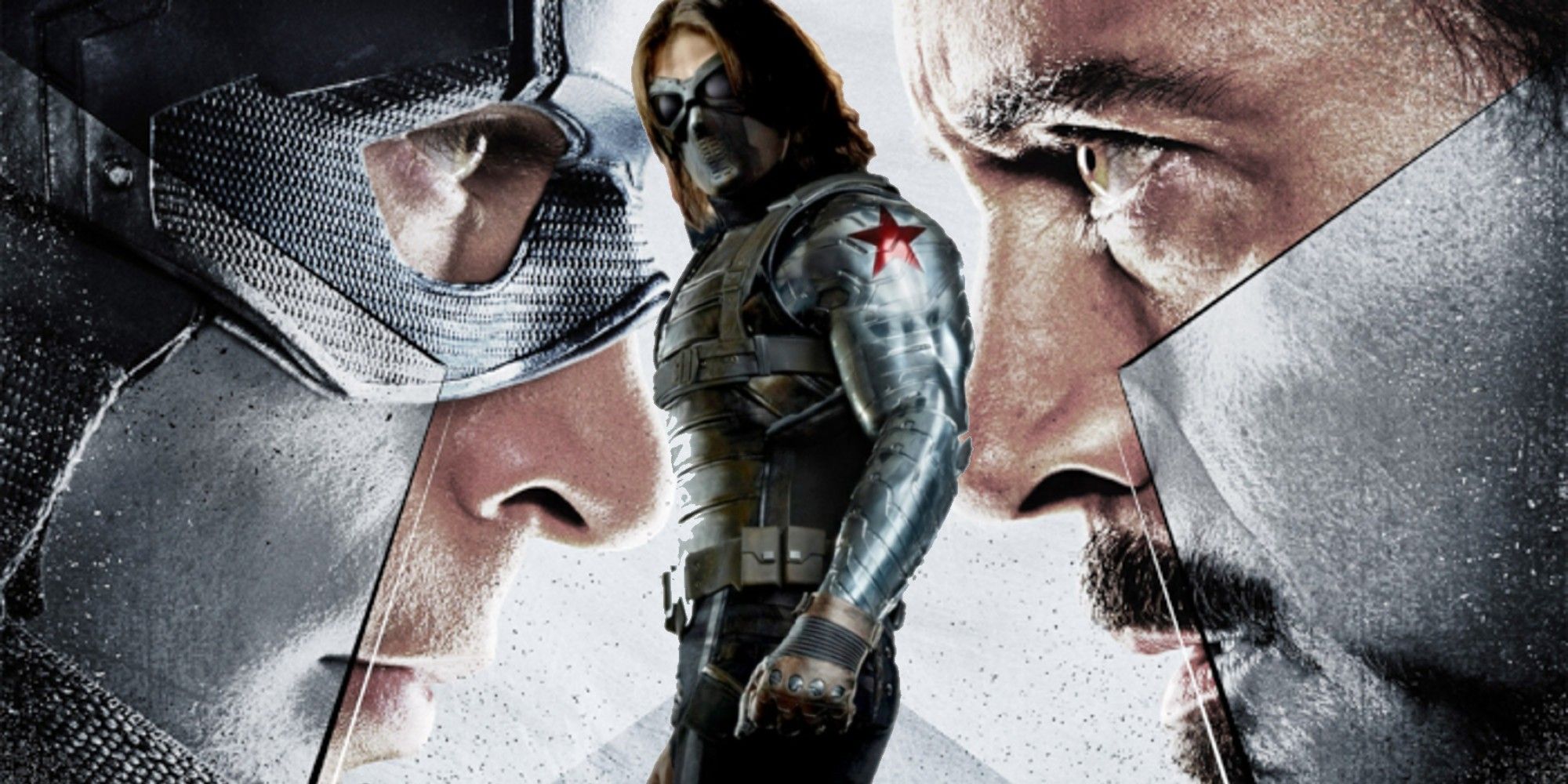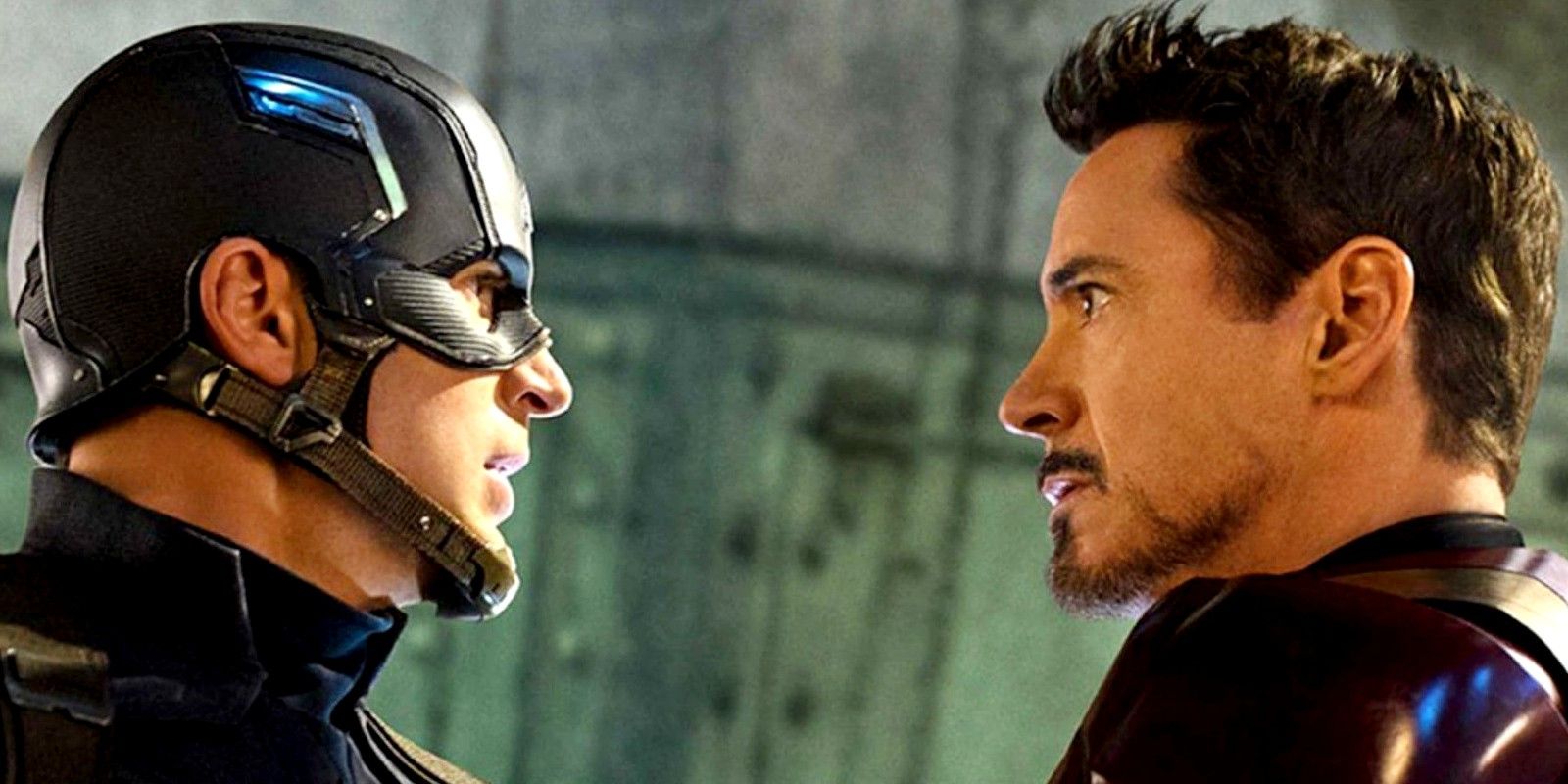
Captain America: Civil War's alternate ending would have made the film worse for several reasons. Kicking off the MCU's phase 3, the film centers on a seemingly irreparable conflict between Steve Rogers and Tony Stark. While it created a heartbreaking rift in the Avengers, Civil War consistently ranks among the top MCU movies and helped to shift the franchise into a bold new direction.
Civil War's central dispute begins as a political issue regarding the MCU's still-in-force Sokovia Accords, but ultimately becomes a more personal matter about the death of Tony's parents at the hands of the Winter Soldier. The climax of the film is an emotionally charged battle between Rogers and Stark, one that signals a shift into more nuanced territory than Marvel had previously gone. In fact, Civil War's entire storyline is quite complex and adult for a comic book movie, exploring themes like guilt, grief, and the difficulty of navigating morally gray issues. There is no happy ending for the Avengers in this film, as it concludes with the team still split and scattered across the globe.
Captain America: Civil War almost killed the MCU's future with its alternate ending, however. This version, which would have been far worse, would have seen Steve and Tony resolve their issues and lead a reunited team of Avengers against a Winter Soldier army led by Baron Zemo. While this is technically a happy ending in that it heals the fractured team, the alternate version would nullify all of the strong character and long-term story work that the rest of the film undertakes.

In the existing version, the fight between Steve and Tony is too intense for a quick resolution to feel genuine. Lines like, "He's my friend" and "So was I," or Tony's statement, "That shield doesn't belong to you. You don't deserve it. My father made that shield," and Steve's dropping of the vibranium Captain America shield in response, are words and actions too bitter to retract right away. Yet, they are all well-written and artfully acted moments that the film would be poorer without. Civil War's alternate ending would require either toning down this compelling scene or forcing Steve and Tony to set it aside too shortly afterward for it to be believable. A hasty Avengers reunion would dull the emotional impact that makes Steve and Tony's fight rich and rewatchable to begin with, and cheapen the time and effort it takes for them to repair their relationship in the canon version.
Additionally, Civil War's existing ending is crucial for setting up the narrative structure of Avengers: Infinity War, which in turn is part of what makes that film so successful and helps it lead into Avengers: Endgame. Infinity War's story is built around the Avengers re-assembling after years apart, which not only gives these reunions (and the ones that have to wait until Endgame) more weight but also allows the film its engaging split-narrative storyline. If the Avengers had reunited quickly at the end of Civil War, as the alternate version entailed, they would have fought Thanos all together. This would not only make Infinity War less interesting but give the team a greater chance of success in defeating the Mad Titan. And while it would have been less heartbreaking to beat Thanos before he could snap, it also would have felt cliché and would have robbed Endgame of its own emotional depth.
In short, it's a good thing the Russo Brothers got their way when it came to Civil War's ending. Though it may have been tough for viewers to stomach the deep scars left by Steve and Tony's fight, this choice benefitted the MCU in the long run by fostering deeper character development and richer storylines. For all of these reasons, Captain America: Civil War's alternate ending would have been a much worse choice for the MCU.
from ScreenRant - Feed https://ift.tt/3D7U4MV

0 Comments